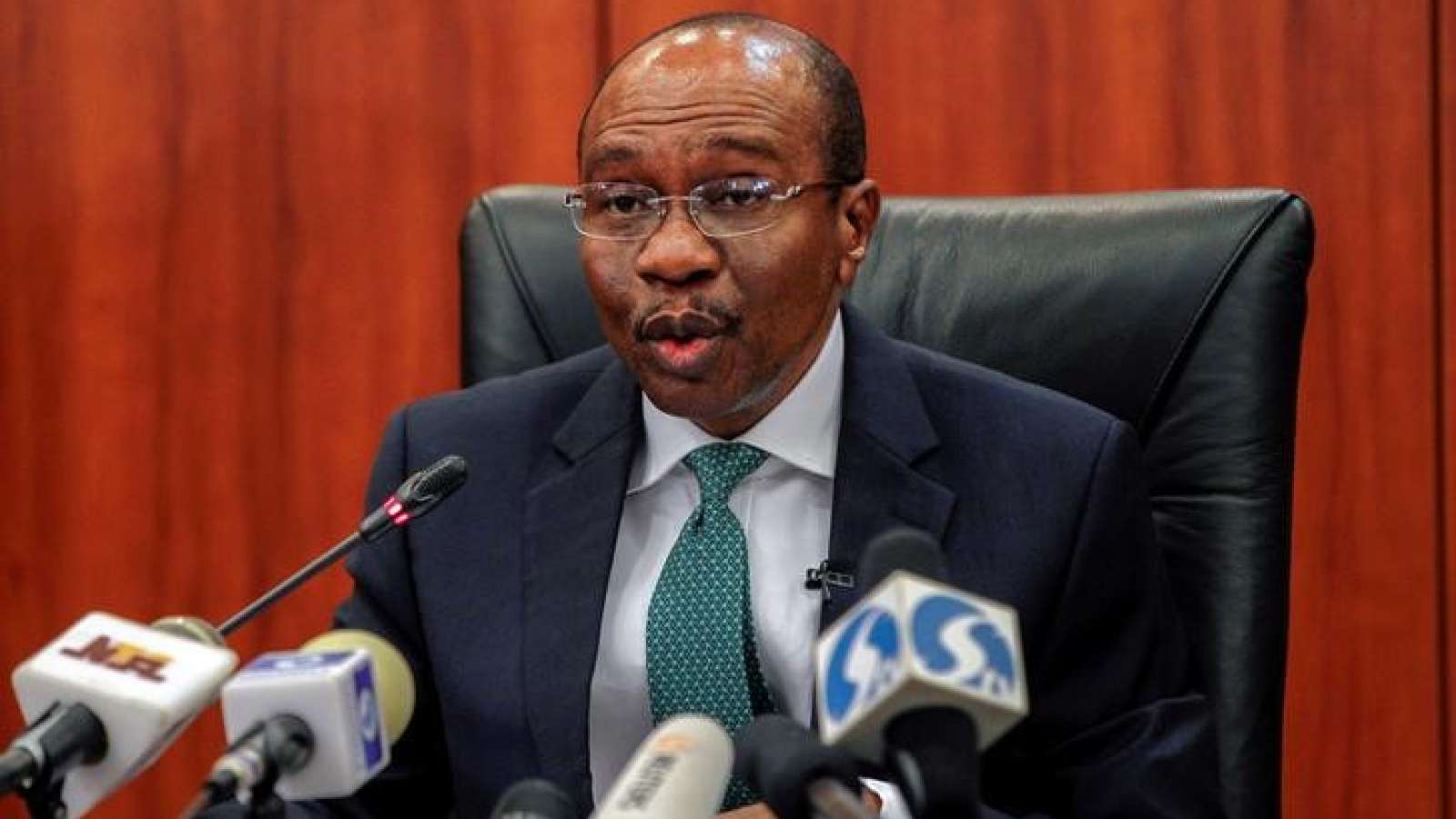[dropcap]N[/dropcap]igeria was the center of one of the most unlikely and shocking developments in the world of cryptocurrencies so far back in February when the Central Bank of Nigeria (CBN) issued a directive ordering banks and financial institutions to identify and close accounts that were being used by individuals and companies for cryptocurrency trading or face sanctions if they did not comply. This effectively amounted to a ban on cryptocurrency ownership and trading in the country, which came as a surprise given that Nigeria has consistently been one of the largest cryptocurrency markets in the world, second only to the United States. Thankfully, it has now emerged that the Securities and Exchange Commission (SEC), which is the securities regulator in Nigeria, is working with the CBN to lift this ban.
The country is the leader in terms of peer to peer digital currencies in Africa, and thus this sort of action was quite unexpected, even if the CBN has attempted to ban digital currencies in the past. There are a number of reasons why digital currencies became so popular in Nigeria. The biggest factor has been the instability of the naira, the country’s fiat currency.
The naira has lost more than 95% of its value against the dollar in the last five years, while rampant inflation domestically has also eroded its value. This has meant that Nigerians have been looking for alternative assets to store their money, and digital currencies emerged as a credible and accessible alternative. The CBN has also been restricting dollar purchases and foreign remittances in a bid to try and control the naira’s value, which has also helped push more people towards digital currencies.
Thus, the economic situation in Nigeria has been one of the biggest reasons for this shift, and therefore a ban on digital currencies will only serve to move people’s money into a different asset, albeit one which could be fraudulent and illegal and therefore lead to many people losing their money. It is also interesting to note how different sectors in Nigeria have also embraced digital currencies.
Gambling is an extremely popular activity in the country, and thus online gambling operators have been integrating digital currencies into their games and offerings to bring more people onto their platforms. Crypto casinos often have games such as Monero Blackjack and other popular casino table games where players can bet via digital currencies, and this has understandably proven to be extremely attractive for crypto users as well as gambling fans in the country.
Thus, given how entrenched digital currencies already are in Nigeria, it is encouraging that the SEC is attempting to overturn this ban. According to Lamido Yugada, the director-general of the SEC, the two bodies are in dialogue to try and regulate the market in a better way. The SEC had already been working on a regulatory framework for the industry before the ban, and it will return to those efforts once the ban has been lifted.
Digital currency startups and operators have been facing multiple challenges while operating in Nigeria. Along with the CBN’s ban, they have now lost access to the government’s KYC verification system, the bank verification number (BVN), since the government is upgrading the system. However, this is a mandatory step when bringing new customers on board, and thus these companies have not been able to add any new consumers at the moment. They are also incurring extra costs to try and use different systems to perform these identity checks, and this has caused yet more trouble to these operators. Nigeria’s digital currency sector has a lot of potential to thrive, and the CBN and government need to ensure that it is regulated effectively, rather than imposing blanket bans.







